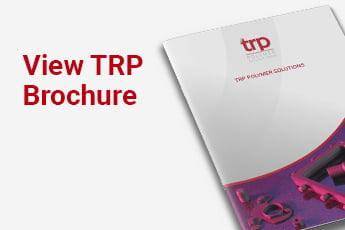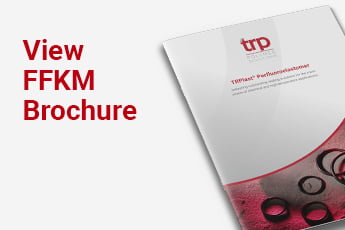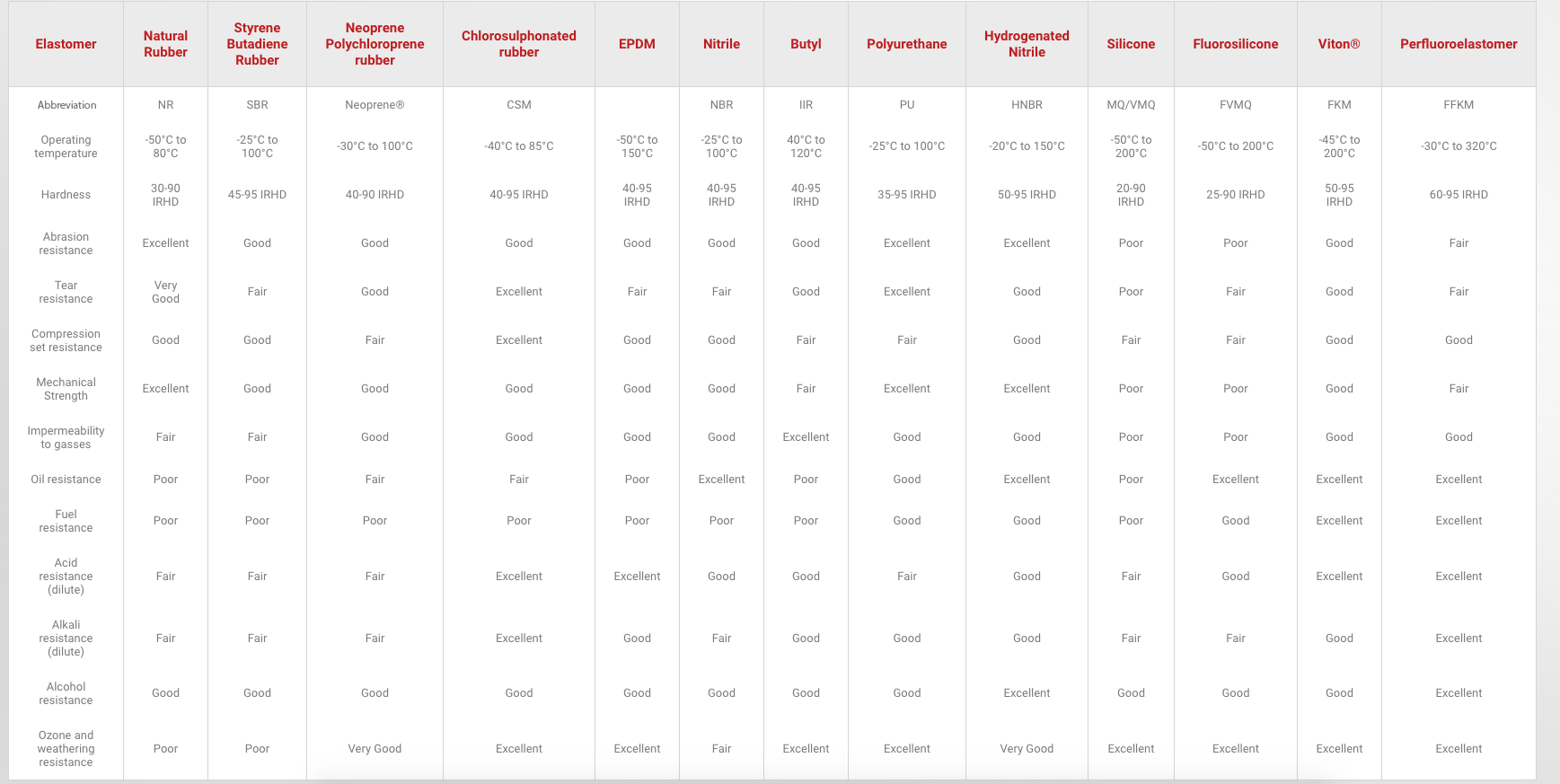Why are polymers useful?
Polymers are a class of natural and synthetic substances made up of extremely large molecules, known as macromolecules, which are multiples of simpler molecules called monomers. Polymers make up many natural substances, such as proteins and cellulose. Not to mention many man-made materials, like paper, plastics and rubbers. In this article, we’ll explain why polymers are so useful and explore just some of their many applications.
Stop what you’re doing. Look around. Can you see any polymers? Look a bit harder. They’re there, trust us! In fact, they’re everywhere, from the rubber tyres on your car to the polyester woven through your clothes. Your hair, your nails, even your DNA; they’re all comprised of polymers. As you can see, there are countless natural and manufactured uses of polymers. But why? Why are they so useful and ubiquitous? Let’s find out.
What is a polymer?
The term ‘polymer’ derives from the Greek for ‘many parts’ (poly = many + mer = parts). Those many parts are best described as a chain of chemically bonded monomer links. This chain is often referred to as the ‘backbone’. Complex pendant groups can either hang individually from the chain or connect it to another (a bit the rungs of a ladder). We refer to these as ‘crosslinks’ and crosslinking is how we enhance the physical properties of a material.
Why are polymers useful?
In an organic sense, polymers contribute to many important biological processes and are essential structural materials. For instance, proteins are polymers of 20 different types of amino acids and are essential for cell and tissue growth, while nucleic acids (polymers of complex molecules called ‘nucleotides’) carry genetic information within our cells. Meanwhile, the solid parts of plants are also made up of polymers, like cellulose and resins.
For chemists and manufacturers like us, the near infinite possibilities that arise from the ability to polymerise materials is what makes polymers so useful to industry and commerce. Polymers can be synthesised to exhibit varying levels of hardness, flexibility and biodegradability, to name but a few. Polymers help us to save energy, with lighter vehicles and insulated buildings; package consumable goods; reduce land use and fertilisers, thanks to synthetic fibres; preserve other materials using coatings; and save lives by way of countless medical applications.
Typical uses of polymers
As we alluded to right at the beginning of this article, polymers can be found everywhere – particularly synthetic polymers. Wherever there is a need for low-cost, corrosion-resistant, low density, thermal or electrical insulating materials, polymers are likely to be involved. Here is a list of typical (but by no means exhaustive) polymer uses:
- Sealing applications (‘O’ rings, gaskets)
- Clothing, sportswear and accessories
- Packaging and containers
- Electrical and thermal insulation
- Construction and structural applications
- Paints, glues and lubricants
- Car parts (tyres, bumpers, dashboards)
- Household items (kitchenware, toys)
- Medical applications (syringes, rubber gloves)
- Hygiene and healthcare (toothbrushes, shampoo)
3 key polymers that TRP uses
Butyl
Butyl offers outstanding resistance to heat, chemicals, ageing, weather, ozone, abrasion, flexing and tearing. Butyl is used in a wide range of applications, including shock mounts, inner tubes, stoppers for glass bottles, sealants and adhesives, ‘O’ rings, pond liners, tank liners, construction sealants, hoses, and shock absorption.
Nitrile
Nitrile rubber (nitrile-butadiene rubber, NBR or Buna-N) is a synthetic rubber that offers outstanding resistance to a variety of oils, non-polar solvents and acids. Nitrile is ideal for applications requiring metal adhesion and abrasion resistance and is commonly used in gaskets, seals, ‘O’ rings, fuel pump diaphragms, and tubing, amongst others.
Perfluoroelastomers (FFKM)
Perfluoroelastomers (FFKM) were developed in the 1960s to meet the demand for a more chemically resistant polymer with the ability to withstand higher temperatures. Our TRPlast FFKM is available as International Standard sized ‘O’ rings and custom moulded components for use in the most challenging application environments.
Contact TRP Polymer Solutions
Make TRP Polymer Solutions your custom moulded rubber manufacturer of choice. To find out more about our high-quality polymer products and manufacturing processes, or to discuss your requirements in more detail, please contact TRP Polymer Solutions on +44(0)1432 268899 or sales@trp.co.uk.






